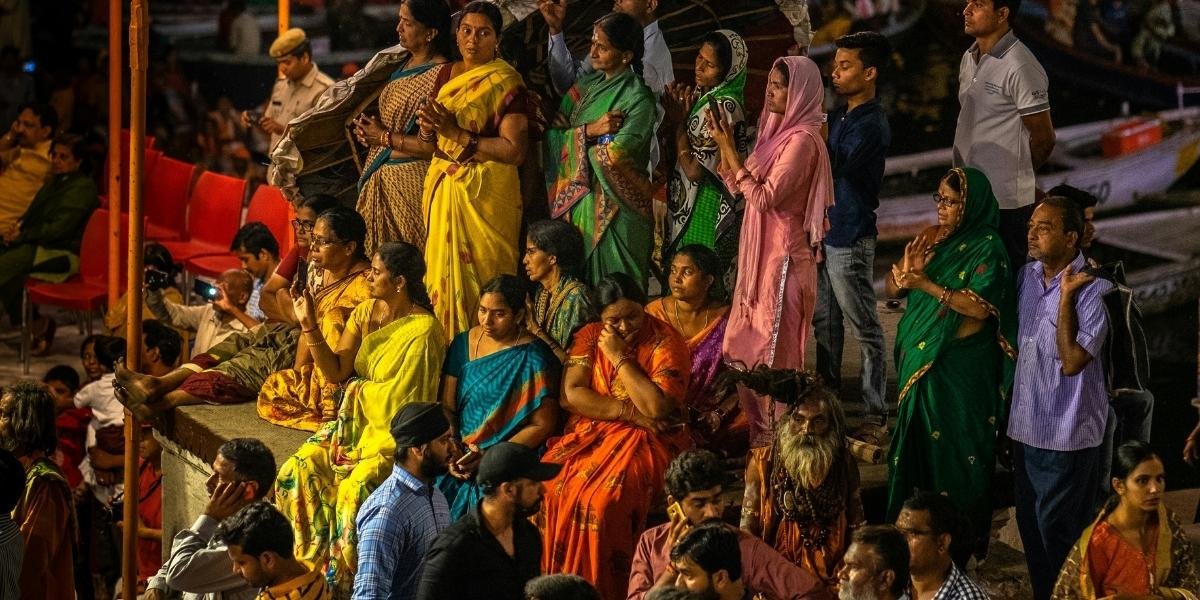What Are the Key Strategies for Managing Ebola Virus Disease Outbreaks?
Ebola Virus Disease (EVD) remains one of the most serious infectious diseases due to its high fatality rate and potential for rapid spread. Effective management requires a comprehensive approach combining immediate outbreak response with long-term resilience planning. Over the past decades, health organizations, governments, and communities have developed multifaceted strategies to combat Ebola, adapting lessons from past outbreaks to improve outcomes.
The first priority in any Ebola outbreak is rapid detection and containment. Surveillance systems play a crucial role in identifying new cases early. Health workers use contact tracing to monitor those exposed to infected individuals, limiting further transmission. Isolation wards with strict infection control protocols help prevent the spread within healthcare facilities, a common hotspot during previous outbreaks.
Effective communication with affected communities is essential. Misunderstandings about the disease can fuel fear, stigma, and resistance to interventions. Engaging local leaders and using culturally appropriate messaging promotes trust and cooperation, which is critical for successful quarantine measures and safe burial practices.
Read Also: A Global Health Crisis to Watch Out for with Antimicrobial Resistance Watched Carefully
How Do Healthcare Systems Strengthen Their Ebola Response Capabilities?
Robust healthcare infrastructure forms the backbone of outbreak response. Well-equipped treatment centers staffed by trained personnel improve patient outcomes and protect healthcare workers. During the 2014-2016 West Africa Ebola epidemic, the shortage of medical supplies and skilled staff hindered containment efforts, highlighting the need for investment in health systems.
Training healthcare workers in the correct use of personal protective equipment (PPE), safe injection practices, and patient care protocols is vital. These measures reduce the risk of nosocomial infections, which have previously exacerbated outbreaks. Mobile laboratories deployed near affected areas allow faster diagnostic testing, speeding up case confirmation and treatment decisions.
International support from organizations like the World Health Organization (WHO) and Centers for Disease Control and Prevention (CDC) provides technical assistance, resources, and coordination. Partnerships between local governments and global agencies help ensure a coordinated and scalable response.
What Role Does Vaccination Play in Ebola Control?
Vaccination has become a game-changer in controlling Ebola outbreaks. The development and deployment of the rVSV-ZEBOV vaccine have significantly reduced transmission in affected regions. Ring vaccination strategies, where contacts and contacts of contacts of confirmed cases are immunized, help break chains of transmission.
Ongoing research focuses on improving vaccine storage and delivery in resource-limited settings, ensuring broader accessibility. Vaccination campaigns require meticulous planning and community engagement to overcome skepticism and logistical challenges.
While vaccination provides a powerful tool, it complements but does not replace other control measures such as surveillance, hygiene, and education.
How Do Communities Build Long-Term Resilience Against Ebola?
Building resilience extends beyond immediate outbreak control to strengthening community capacity for future challenges. This involves improving healthcare infrastructure, training local health workers, and integrating Ebola surveillance into routine health services.
Educational programs raise awareness about preventive measures, encouraging behaviors such as handwashing, avoiding contact with bushmeat, and recognizing early symptoms. Communities trained in safe burial practices help reduce transmission risks associated with traditional funerals.
Socioeconomic support is another key component. Outbreaks often disrupt livelihoods, causing food insecurity and economic hardship. Providing resources and rebuilding infrastructure aids recovery and reduces vulnerability to future epidemics.
Mental health services address the psychological impact on survivors, families, and healthcare workers. Long-term psychosocial support fosters healing and social cohesion, which are critical for resilient communities.
What Innovations Are Shaping the Future of Ebola Management?
Advances in technology and research continue to enhance Ebola response strategies. Rapid diagnostic tests enable quicker detection, even in remote areas without advanced labs. Genomic sequencing helps track virus mutations and transmission pathways, informing public health decisions.
Telemedicine platforms and mobile health applications support remote monitoring and data collection, increasing efficiency and safety for health workers. Drones have been used to deliver medical supplies to hard-to-reach locations, overcoming logistical barriers.
Research into antiviral treatments and improved vaccines is ongoing, aiming to reduce mortality and prevent outbreaks altogether. Collaborative global networks facilitate information sharing and coordinated responses.
Read Also: The Future of Medicine: The Rise of Molecular Biology
How Can Global Collaboration Strengthen Ebola Preparedness?
Ebola’s threat extends beyond national borders, making international collaboration indispensable. Sharing knowledge, resources, and best practices among countries and organizations improves readiness and response capacity.
Joint training exercises, stockpiling essential supplies, and establishing rapid response teams enhance collective security. The International Health Regulations (IHR) provide a framework for coordinated action and transparency.
Investment in health systems globally, particularly in vulnerable regions, strengthens the frontline defense against Ebola and other emerging infectious diseases. Supporting research, fostering community partnerships, and ensuring equitable access to interventions are vital components of this global effort.








